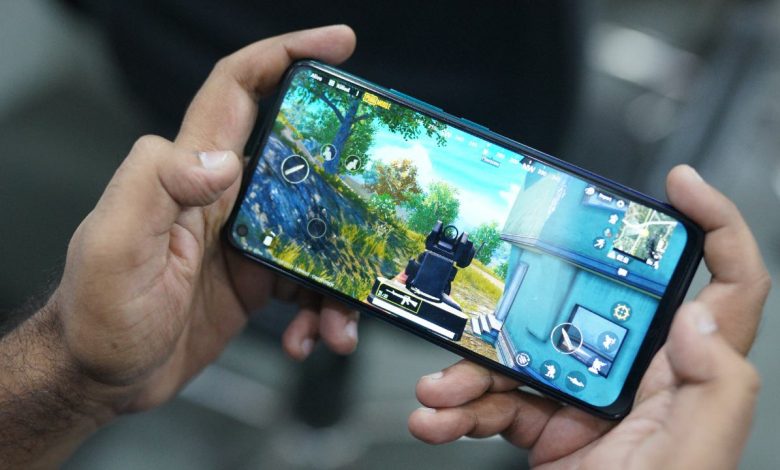Effects of the Video Gaming Apps on the Brain



Video Games are one of the most popular sources of entertainment across the globe. With the influx of the internet and technology, the video-gaming industry has seen a rapid rise in recent times. As per a report, video gamers collectively spend almost 3 billion hours a week in front of their screens. Due to the massive widespread use of video games, scientists have researched the effects of video games on human behavior and the brain. There are many perceptions around the impact of video game usage. Playing violent games is often blamed for increasing violence and anti-social behavior among teenagers. Parents often consider video-gaming as a time-wasting activity. However, scientists and psychologists have found the benefits of playing video games as well. Let’s bust the myth around playing video games and discuss the positive and negative effects of video gaming on the human brain.
Positive Effects of the Video Games on a Human Brain:
-
Critical Thinking:
Video Gaming could be considered as a workout for the brain. Many video games demand a high level of abstract thinking and critical skills to tackle the situation at hand.
-
Problem Solving and Logic:
Many puzzle games require the user to develop creative ways to solve the puzzle. It trains the brain to think out of the box to clear the levels.
-
Hand-Eye Coordination:
Playing racing games more often than not would improve the hand-eye coordination of a user. In a shooting game, the character needs to shoot and run as well at the same time. The user has to avoid the enemies, kill them alongside saving himself in the process. It all requires quick thinking and interpretation to act accordingly. The coordination between the brain’s interpretation and the reaction of the player’s hands and fingertips requires a great deal of eye-hand coordination to be successful.
-
Improved Focus:
A gamer cannot lose his focus as the game could change within a blink of an eye. Video-Gaming enhances the ability to focus for an extended period massively.
-
Perseverance:
Playing video games improves the patience and persistence of an individual. A user might repeatedly fail to clear a specific level, but he would keep trying until he succeeds.
-
Working Memory:
Playing video games improves the user’s memory as he needs to store and process the information to act upon quickly.
-
Teamwork:
Multiplayer games like PUBG help in encouraging the users to use their skills to contribute to the team’s cause. Such games need a lot of teamwork and coordination among the players.
-
Risk-Taking Abilities:
You cannot win most of the games without taking risks. Video games encourage the user to take risks and improve decision-making involving calculated risks.
Adverse Effects of the Video Games on a Human Brain:
-
Bad Eyesight:
Excess of everything is terrible. Excessive use of screens would affect the eyesight of a person negatively.
-
Socially Unaware:
Excessive gaming might isolate the person from the real world, and it could create social unawareness in him. He might feel socially awkward going out. When you play multiplayer games, so you also interact with real play. In this way your reach or circle may increases like when you play tournaments with the real player then you connect with different reasons and types of people.
-
Motion Injuries:
Spending excessive time on video games could create motion injuries to the user like finger injury, neck pain, wrist injury, and thumb injury.
-
Unhealthy Lifestyle:
When a user plays video games for a longer time, he often forgets about the world. It leads to almost negligible physical work out and unhealthy diet-cycle. Excessive video-gaming often creates obesity among its users.
-
Violent Behaviour:
Some video games tend to install wrong values among their users. Problems like violent behavior, vengeance, and aggression start surfacing more often than not if a user plays excessive action games.



